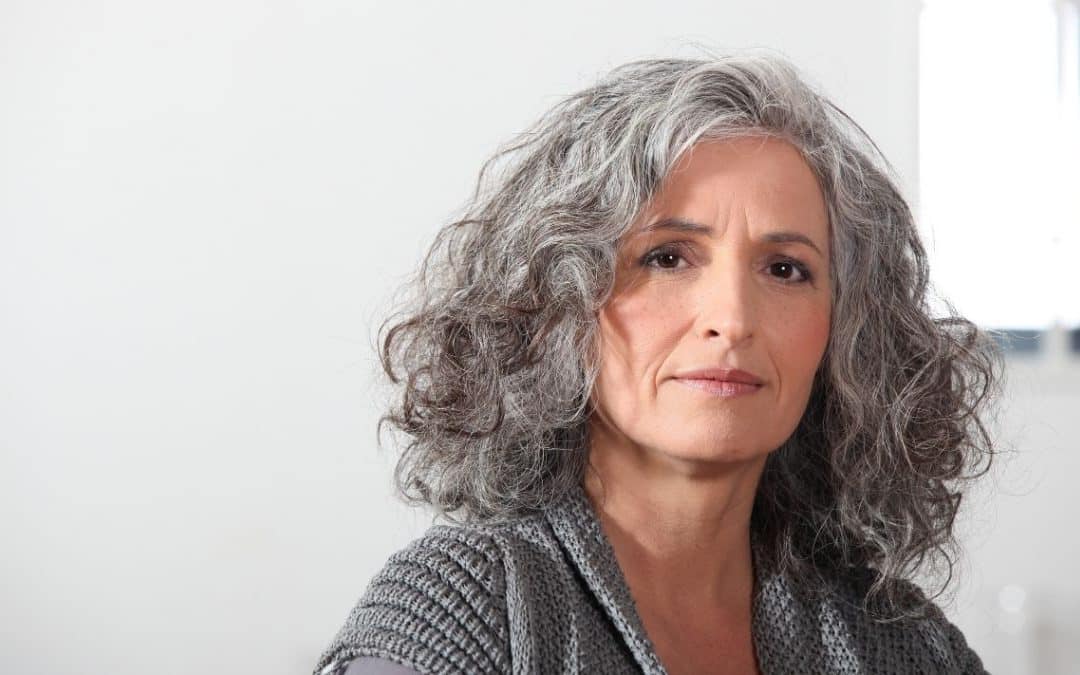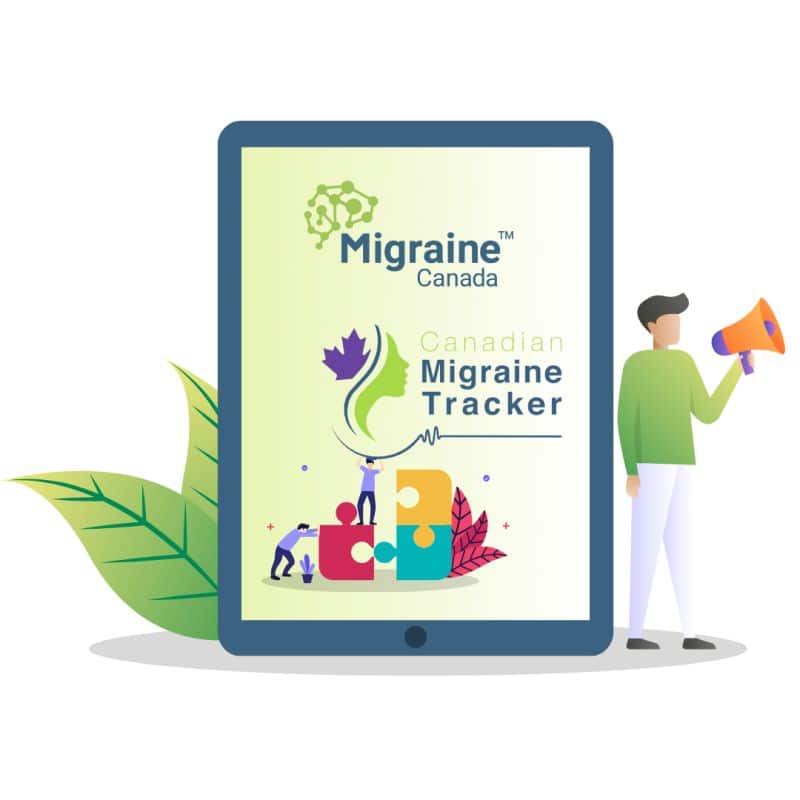Encountering a scenario where conventional migraine treatments prove ineffective can be disheartening. Despite medical advancements, refractory migraine persists for some individuals. In this article, we explore strategies for navigating refractory migraine, emphasizing the importance of exploring all available treatment options and seeking specialized care when conventional therapies fall short. Discover insights on managing expectations, advocating for improved treatment accessibility, and staying informed about emerging therapies to empower your journey with migraine management.
Can migraine persist despite treatment?
Yes, some people with migraine do not respond to available treatments. This condition is known as refractory migraine, a disabling neurological condition that can cause chronic suffering despite all efforts. It is important to understand that this is not the fault of the patient or the clinician.
Should I give up hope?
Absolutely not. Maintaining hope is crucial. However, a certain level of acceptance may help manage expectations and reduce feelings of frustration, guilt, and shame. Psychologists, coaches, and patient support groups can offer support and improve quality of life.
How can I ensure I’ve explored all available treatments?
When conventional migraine treatments prove ineffective, it can be challenging to know where to turn next. Start by exploring scientifically validated “first-line” treatments that are widely endorsed for their proven efficacy and safety. If these options don’t provide relief, your next steps might involve considering “second-line” and beyond options, which may be more speculative and come with varying levels of evidence and potential side effects.
If you find that traditional treatments aren’t working, it’s crucial to consult with a headache specialist who can provide guidance on advanced or alternative therapies. While some healthcare providers may be cautious about recommending unproven treatments due to professional and regulatory limitations, seeking specialized care can be essential in navigating refractory migraine effectively.
At this point, it’s important to approach new treatment options with caution and avoid falling for unsubstantiated claims of miraculous cures. Stay informed about emerging therapies and advocate for improved headache education and treatment accessibility.
What can I do if my physician has no more options for me?
- Recognize that physicians have limits to what they can do.
- Consider seeking an opinion from a specialist with more expertise.
- Work on acceptance and resetting expectations while maintaining hope.
- Utilize support from other healthcare providers (e.g., psychologist) and patient groups.
- Be wary of “miracle” cures and advertisements.
- Stay informed about new treatments and developments in migraine science.
- Advocate for better headache education and access to new therapies.
Migraine Canada™ remains committed to supporting individuals with migraine through advocacy and up-to-date information on treatment innovations.
References
- Dodick DW. Reflections and speculations on refractory migraine: Why do some patients fail to improve with currently available therapies? Headache. 2008;48(6):828-837.
- Robbins L. Refractory migraine. Headache. 2015;55(4):575.
Post #905



